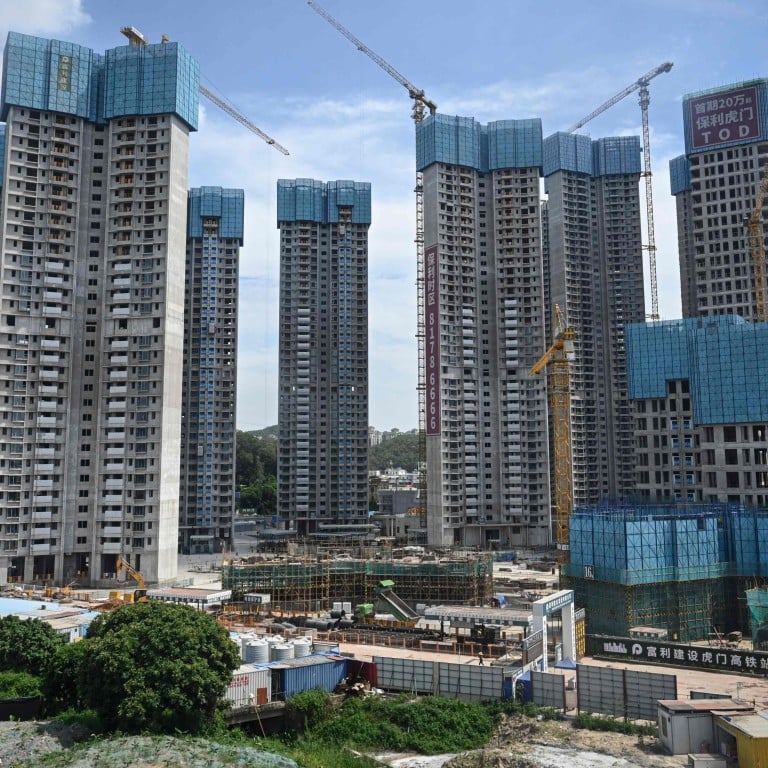
How lack of a property tax left China open to a housing bubble
- Local governments’ reliance on a hot property market to sell land and cheap, available credit have been blamed for the bubble, but other factors have been at play
- Even a property tax as low as 0.5 to 1 per cent could have helped prevent the bubble that is disrupting China’s economy from forming
Now that the property bubble has burst in China, it is time to examine why the bubble formed and grew to such an enormous size in the first place.
Second, there is the cheap credit for builders and homebuyers. In the past decade, mortgage interest rates have generally stayed in the 4 to 6 per cent range against an average inflation rate of 2 to 3 per cent. Given low default ratios, these interest rates should be regarded as broadly fair. Builders generally pay 5 to 8 per cent to banks, and it is hard to say these rates are outrageously low.

Third, there is the availability of credit. While it is easy to obtain a mortgage, Chinese banks have kept their loan-to-value (LTV) ratio far below 70 to 80 per cent. In practice, many mortgages are just half, or less than half, of property purchase prices. Unlike elsewhere in the world, you do not see 90 per cent or even 85 per cent LTV ratios on the mainland.
Property developers have not provided homebuyers with top-up financing. Although builders have invented various clever schemes to get funding from financial institutions and capital markets, that should have boosted property supply and dampened rather than fuelled a bubble.
Can China step away from its property boom unscathed? The jury is out
This is despite the fact that hundreds of millions of Chinese citizens have moved to cities from the countryside in the interim. In 1990, around a quarter of the population lived in cities. Today, that ratio has surged to around 65 per cent.
China’s urbanisation growth rate slows to quarter-century low
This phenomenal transformation must have a cultural underpinning. After 1949, home ownership and property rights were, in general, denied and condemned. Perversely, that episode made Chinese people crave ownership of something.
When they were allowed to own their own homes, the proverbial volcano erupted. The public’s love affair with real estate should be seen in this context. Even today, after the bubble has burst, China’s household sector is still not terribly stretched compared to other countries, although there are pockets of distress.
Joe Zhang is co-chair of SBI China Capital in Hong Kong

